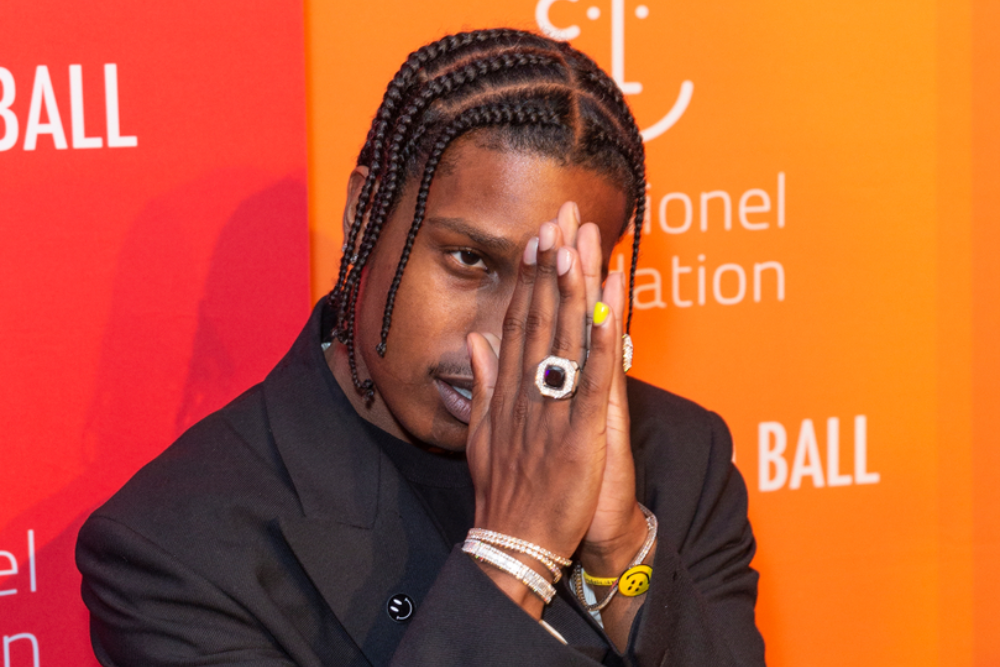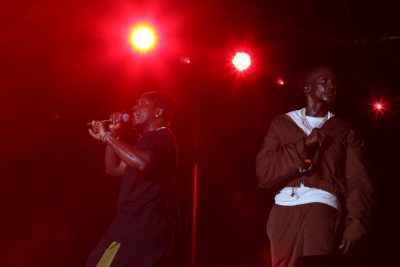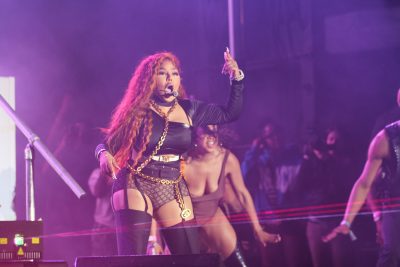The trial of rapper A$AP Rocky has reached a pivotal moment as the defense rested its case without testimony from the artist himself. Rakim Mayers, known professionally as A$AP Rocky, faces serious legal consequences in a case that has captured the attention of both the music industry and legal observers. The decision not to testify marks a strategic move by the defense team as they prepare for closing arguments, scheduled to begin Thursday.
The charges and potential consequences
The Los Angeles County District Attorney’s Office filed two counts of assault with a semiautomatic firearm against Mayers in August 2022. These charges stem from a confrontation with former friend and A$AP Mob collective member Terell Ephron, professionally known as A$AP Relli. The stakes are particularly high, with Mayers facing up to 24 years in state prison if convicted on both counts. The severity of these charges underscores the gravity of the allegations and their potential impact on Mayers’ future.
A friendship shattered
The case has exposed the fractured relationships within the once-tight-knit A$AP Mob collective. Both Mayers and Ephron grew up together in Harlem, New York, where they formed part of the influential hip-hop group that would later achieve international recognition. Their friendship, spanning over a decade, dissolved during a heated confrontation in Hollywood that led to the current legal proceedings. The incident has cast a shadow over their shared history and the collective’s legacy in the hip-hop community.
The prosecution’s case
The prosecution has built its case around several key elements. Primary among these is Ephron’s testimony about the alleged shooting incident. The prosecution team, led by Deputy District Attorney John Lewin, presented surveillance footage and forensic evidence to support their argument that Mayers used a real firearm during the confrontation. Their evidence includes documentation of injuries allegedly sustained by Ephron during the incident, including marks on his hand that he attributes to a bullet grazing him. The prosecution maintains that Ephron sought shelter behind another individual as additional shots were fired before Mayers left the scene.
Defense strategy and counterarguments
The defense team has pursued multiple angles to challenge the prosecution’s narrative. A significant aspect of their strategy involves questioning the nature of the weapon involved in the incident. Defense witness A$AP Twelvyy provided testimony suggesting that the group often used prop weapons for music videos and performances. The defense has emphasized the absence of the alleged weapon from evidence, as authorities never recovered it. They’ve also highlighted the common practice in the hip-hop industry of using prop weapons for artistic purposes.
The rejection of a plea deal offering a 180-day jail term demonstrates Mayers’ determination to prove his innocence. His lead attorney, Joe Tacopina, has maintained a consistent defense strategy, arguing that the evidence does not support the prosecution’s version of events. The defense team has worked to create reasonable doubt by questioning the reliability of witness testimony and the interpretation of available evidence.
Cultural implications and industry impact
The trial has broader implications for the hip-hop community and entertainment industry. The case highlights the complex dynamics within artist collectives and the potential consequences of internal conflicts. The music industry has watched closely as the proceedings unfold, recognizing the potential impact on Mayers’ career and the broader conversation about artist relationships and conflict resolution within the hip-hop community.
The case also raises questions about the intersection of celebrity status and justice, as Mayers’ high profile has brought intense scrutiny to the proceedings. The presence of media attention and public interest has added another layer of complexity to an already complicated case, potentially influencing how both sides approach their arguments and presentation of evidence.














